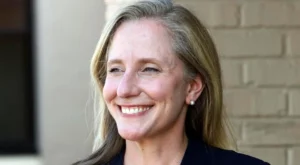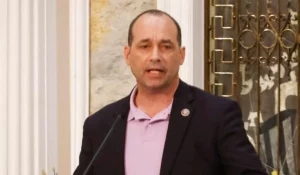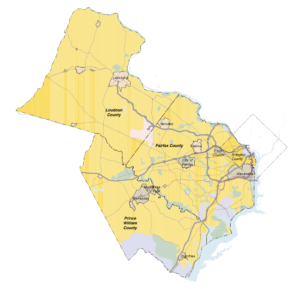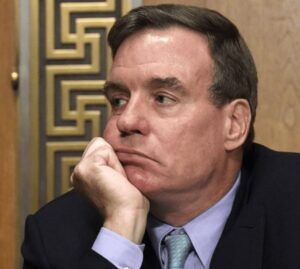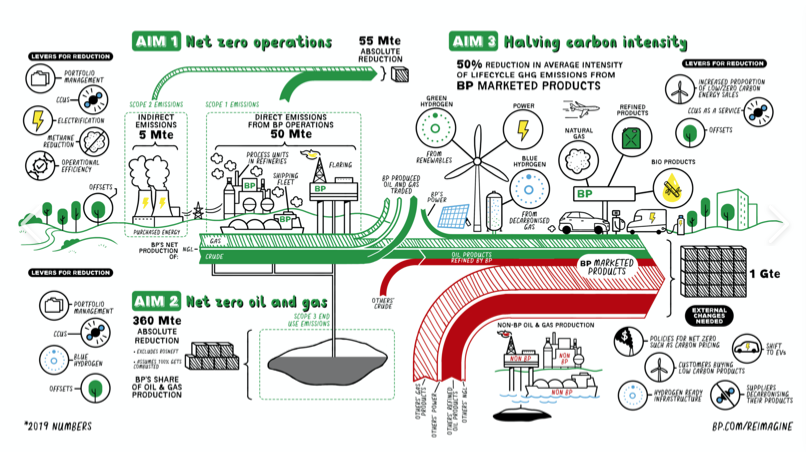
It’s simple. Let’s write a bill and put a date certain on it. What could go wrong? Courtesy BP
by James C. Sherlock
Here at Bacon’s Rebellion we spend a lot of ink talking about Virginia energy demand and supply. We debate the ideas of both sides of the discussion. Turns out that we made the mistake of thinking these were state issues.
Democrats in Congress are about to intervene in every part of that discussion in a reconciliation bill to be passed with 50 votes in the Senate.
First, consider the inside joke of the title of an act to be buried in the reconciliation bill: “The Inflation Reduction Act of 2022.”
- Congressional Democrats propose to fight inflation by pouring another $369 billion into the economy in a period of extremely high inflation and by raising taxes in a recession.
- Projection of the writers of the bill: “slash” the country’s carbon emissions by roughly 40% by 2030 — less than 8 years.
- No risk is recognized in completely upending the nation’s energy economy — “slashing” it to use the term of art.
- No controls offered to make sure that corruption doesn’t follow the money.
- No controls offered to make sure the money accomplishes its goals.
- No word on how the production of plastics, synthetic fabrics, fertilizer, concrete, asphalt, paraffin wax used by electric companies to insulate wires, steel, petrochemicals, and sulfur removed from petroleum used in the pharmaceutical and agrochemical industries might be impacted.
- No tongues in cheeks when promising low-income Americans a $7,500 tax credit to buy a $65,000 electric vehicle.
- No mention anywhere of how this bill merges seamlessly with the major climate “investments” in the Bipartisan Infrastructure Act.
- No word on how the new taxes, which will be popular with voters, will affect employment and capital investment. You know, capital investment, the money corporations use to bring innovation to market. Or on the risk-reward calculations of investment decisions in early stage companies.
- No indication of market effects when for-profit businesses pay the new taxes and their self-declared “not-for-profit” competitors in, say, the hospital industry do not. No calculation of the effects on insurance rates.
- Or, as Steve Haner points out, on the international competitiveness of American products with higher prices and less reliable energy.
The only thing that matters: Joe Manchin has agreed to it. Continue reading

 by James C. Sherlock
by James C. Sherlock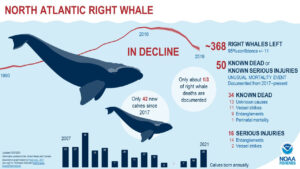
 by James C. Sherlock
by James C. Sherlock

 by Dick Hall-Sizemore
by Dick Hall-Sizemore